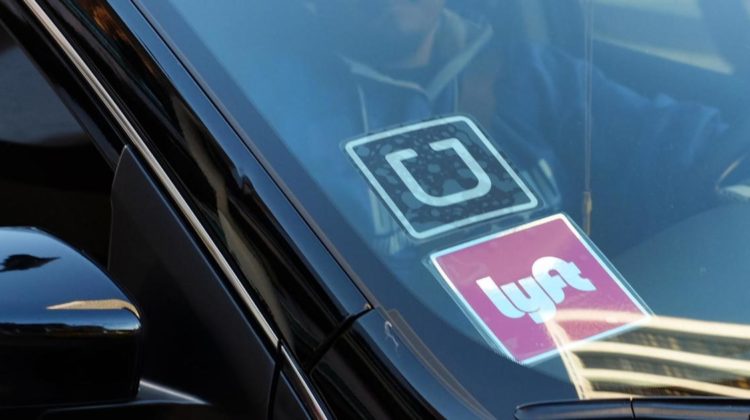

One of the nation’s largest labor unions and several ride-share-app drivers in California plan to file a lawsuit with the state Supreme Court challenging the constitutionality of Proposition 22. The California law, approved by voters in November, allows gig companies to continue treating their workers as independent contractors rather than as employees.
The Service Employees International Union plans to file the lawsuit Tuesday alongside drivers Hector Castellanos, Saori Okawa, and Michael Robinson, as well as ride-share-app user Joseph Delgado, the labor group said. The lawsuit will argue that Proposition 22 unconstitutionally limits the power of California’s Legislature to govern, removing its abilities to grant workers the right to organize and give access to the state workers’ compensation program.
A writ calling on the California Supreme Court to hear the case alleges the language of the ballot measure “grossly deceived the voters, who were not told they were voting to prevent the Legislature from granting the drivers collective bargaining rights.”
“The language of the California Constitution is very clear” on the powers allocated to elected officials,
said Scott A. Kronland, an attorney with the San Francisco law firm Altshuler Berzon representing the union and drivers.
Proposition 22, the most expensive ballot measure in U.S. history, was bankrolled by Uber, Lyft and other gig economy companies seeking a carve-out from a sweeping state labor law that required the companies to classify their large numbers of workers as employees instead of independent contractors. The lawsuit, its first legal challenge, comes just weeks after Proposition 22 went into effect.
In a statement, Bob Schoonover, president of SEIU Local 721 and the SEIU California State Council, called Proposition 22 “an unconstitutional attack on Californians’ rights that if left unchecked will grant permission to companies like Uber and Lyft to dismantle workers’ rights across the country.”
“We look forward,” Schoonover said, “to the court affirming that gig companies cannot strip workers of their fundamental right to bargain for better pay and working conditions — and that corporations alone should not dictate the laws in our state.”
The California Supreme Court will need to decide whether to hear the case. If they decide not to hear it, the case would have to be refiled in a local court and work its way up.
Uber, Lyft, and other gig economy companies that bankrolled Proposition 22 could not be immediately reached for comment.
